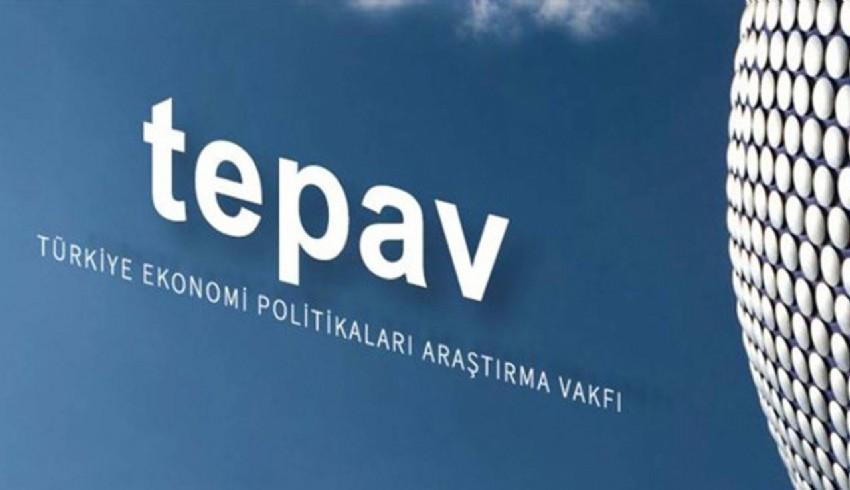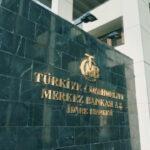MEHMET KAYA
Türkiye based think tank The Economic Policy Research Foundation of Turkey (TEPAV) published its monthly monetary policy note.
In its Monetary Policy Assessment Note, TEPAV suggests a ‘front loaded’ rate hike is needed and that the developments of the last month, such as the conflicts in Israel, the increase in oil and natural gas prices, the slight increase in Turkey’s risk premium and the decrease in the global risk need, were unfavorable for the fight against inflation.
The note reminded the cautious view that inflation, which will rise to 70 percent in 2024, will decline to 33 percent as envisaged in the program, and drew attention to the fact that expectations are still not close to the target.
“Policy rate should rise above 40 percent”
Reminding that the previous issue of the TEPAV note emphasized the view that interest rates should be raised above the 33 percent inflation forecast for 2024, the October note stated that the policy rate should be rapidly raised according to the expected inflation and turned into a real positive, and added, “Therefore, it is worth emphasizing that 33 percent is now a low lower bound in terms of fighting inflation. In this context, the policy rate should be raised to at least 40 percent on a front-loaded basis. Moreover, it is important that not only the level of the policy rate but also the levels of deposit and loan rates should be in line with the level of the policy rate. It should be underlined that the decline in residents’ demand for foreign currency denominated financial assets will strengthen the chances of success of the monetary policy and the economic program.”
The policy note pointed out that due to the increasing difficulty in financing conditions, new steps should be taken in the economy, emphasizing that the independence of economic institutions, including the law, TurkStat and the Central Bank, should be increased, and structural reforms should be established for productivity, education and green transformation.
Reminding that deposits are predominantly collected for three-month maturities and the inflation forecast for this period is above 65 percent, the note suggested that it would be useful to take this expectation into account in the design of both the policy rate and non-interest rate instruments, and that the macroprudential measures taken earlier should be removed once the policy rate reaches the real level and international tensions ease. The note criticized that these measures pushed the system off the books and reduced its functionality.
In the short term, it was stated that the budget deficit should be limited, the credibility problem regarding the 2024 inflation target of 33 percent should be eliminated, and concerns about the sustainability of economic policies should be eliminated.
Structural reforms and short-term measures
In the October issue of the note published monthly by the TEPAV Macroeconomics Working Group consisting of Fatih Ozatay, Ali Cufadar, Burcu Aydin Ozudogru and Ekrem Cünedioglu, it is stated that international conditions have increased financing difficulties, making it necessary to strengthen the so-called Return to Rationality in the Economy program with new steps. The report emphasized that this strengthening can be achieved through structural reforms to limit the negative effects of the events in the region and stabilizing steps of the economic program: “It is important that the main trend is determined not only by policies that ensure macroeconomic stability, but also by structural reforms that will make institutions – such as the CBRT – independent, increase productivity, accelerate the green transformation process, improve the quality of education, and create a fair and swiftly functioning legal system, all of which cause macroeconomic balances to deteriorate if they are under political pressure.”










